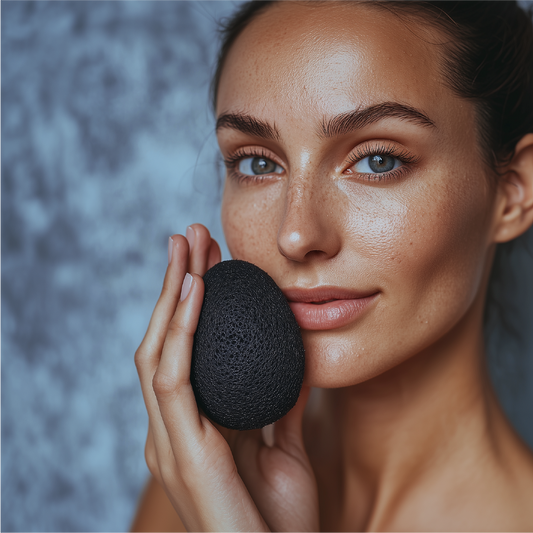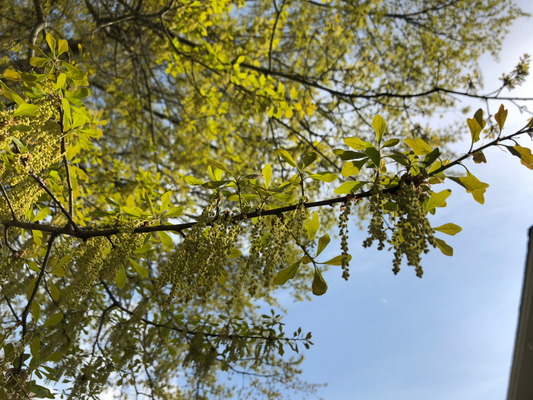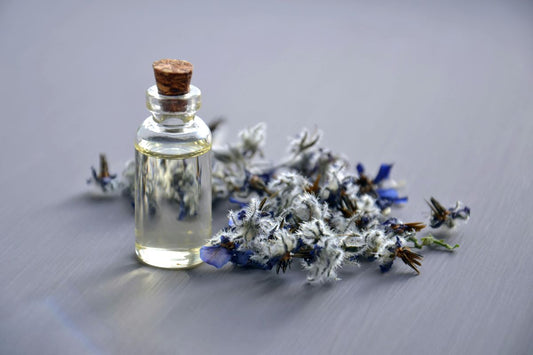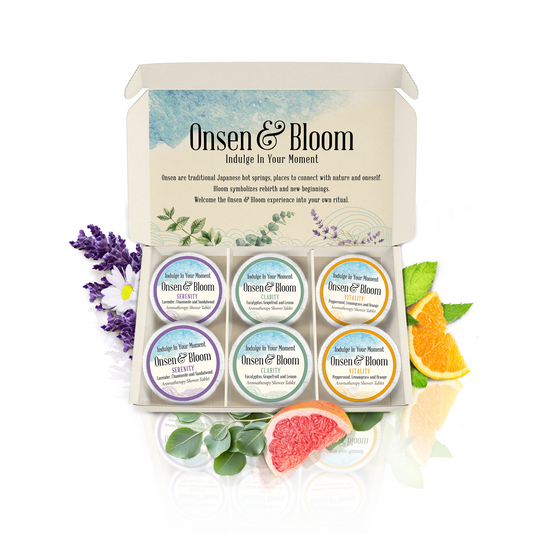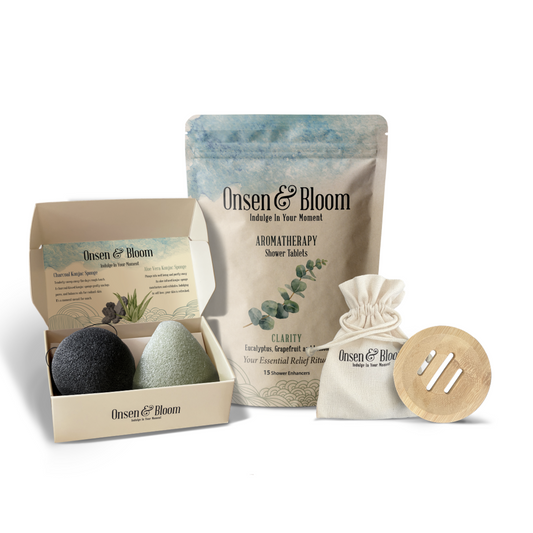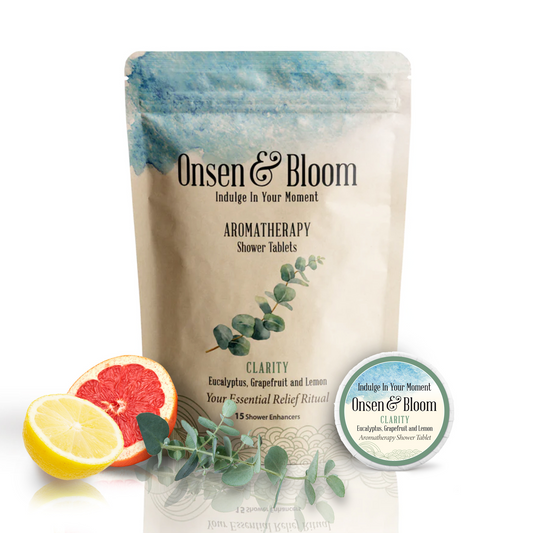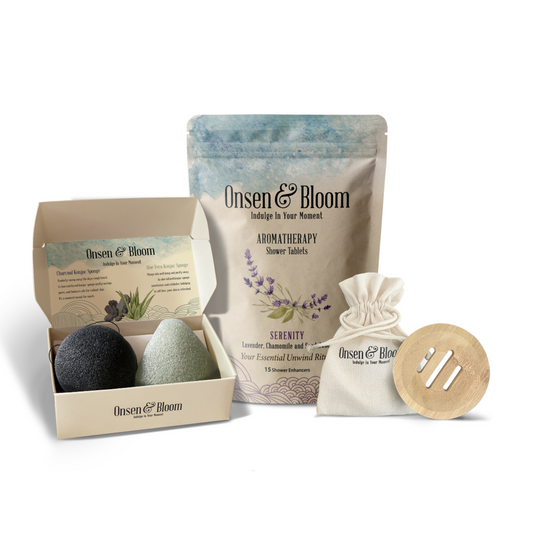What Is a Konjac Sponge? Benefits + Uses
If you’ve never heard of a konjac sponge, you’re not alone, but once you try one, there’s no going back. These little plant-based puffs have been a best-kept secret in natural skincare for generations, and for good reason. They're soft, simple, sustainable, and seriously effective.
Let’s dig into what makes them so special.
🌱 A Bit of Konjac History
Konjac (pronounced kon-jack) sponges have been used in Japan, Korea, and China for over a century, originally to cleanse babies’ delicate skin. They’re made from the root of the konjac plant (also known as elephant yam), which is naturally rich in moisture, vitamins, and minerals.
Because the konjac plant has a high water-holding capacity, once the sponge is hydrated, it turns from a dry, hard puff into an unbelievably soft and squishy cleanser that feels like a little cloud on your face.
💧 What Does a Konjac Sponge Feel Like?
When dry, it’s firm and lightweight. But the magic really happens once you soak it in water for a minute or two, it expands and transforms into a soft, bouncy texture that’s gentle enough for even the most sensitive skin.
Unlike rough exfoliators or synthetic scrubs, konjac sponges glide over your skin like a silky gel cushion, leaving it clean and smooth without any irritation.
✨ What Are Konjac Sponges Good For?
These little wonders are perfect for:
- Gentle daily exfoliation
- Removing impurities and dead skin
- Balancing your skin’s natural pH
- Improving the absorption of your serums and moisturizers
- A natural, eco-friendly alternative to disposable wipes or harsh scrubs
At Onsen & Bloom, our Konjac Sponge Duo includes two thoughtful options:
🖤 Charcoal-Infused Sponge – great for detoxifying and decongesting pores
💚 Aloe Vera-Infused Sponge – ideal for hydrating and soothing sensitive skin
Together, they help unveil your skin’s natural glow, no harsh chemicals, no over-exfoliating, just a fresh, clean face that feels like you.
🌎 Kind to Skin, Kind to the Earth
One of the best parts? Konjac sponges are 100% natural and biodegradable. When it’s time to replace your sponge (about every 4–6 weeks), you can toss it in your compost bin and feel good knowing you’re keeping both your skin and the planet a little cleaner.


